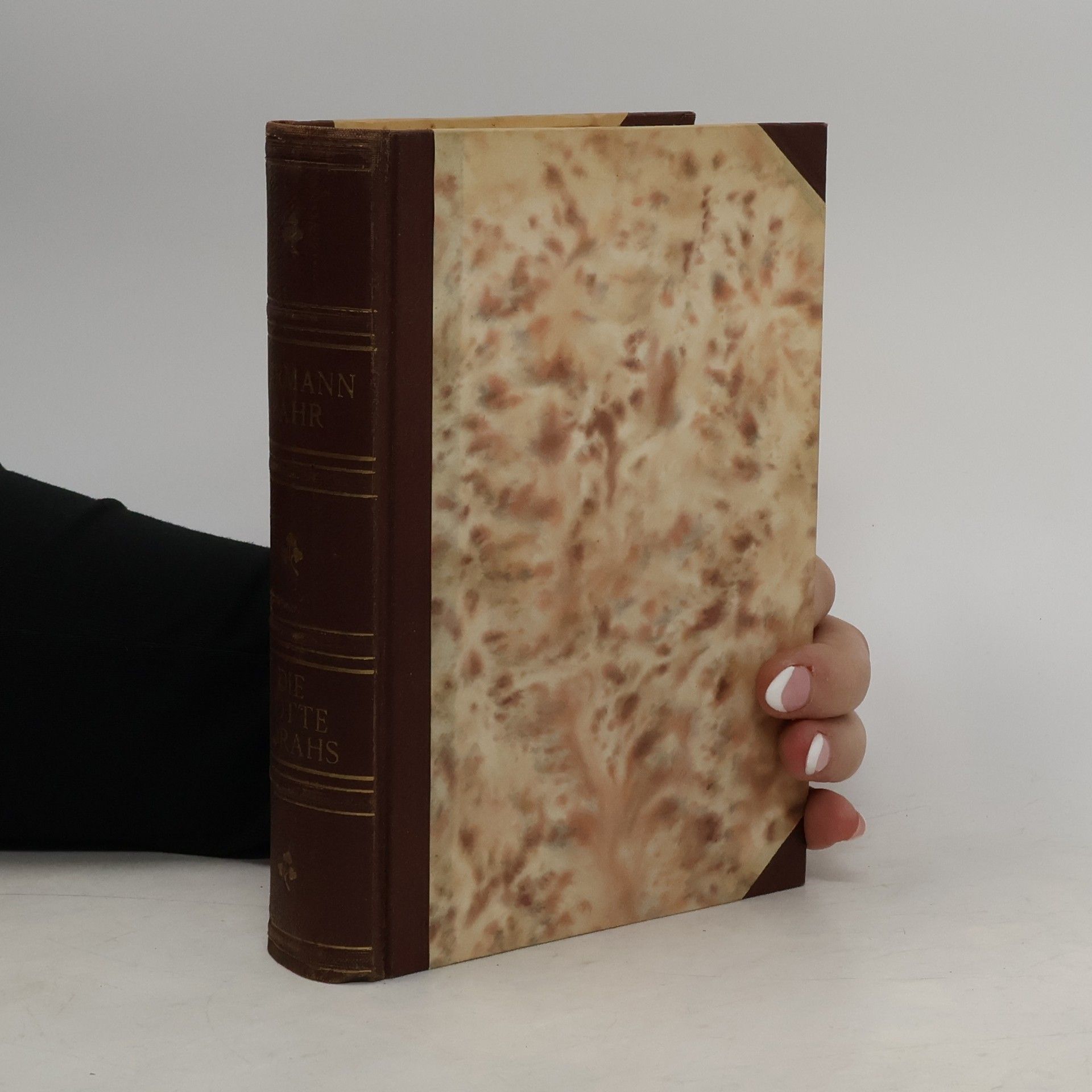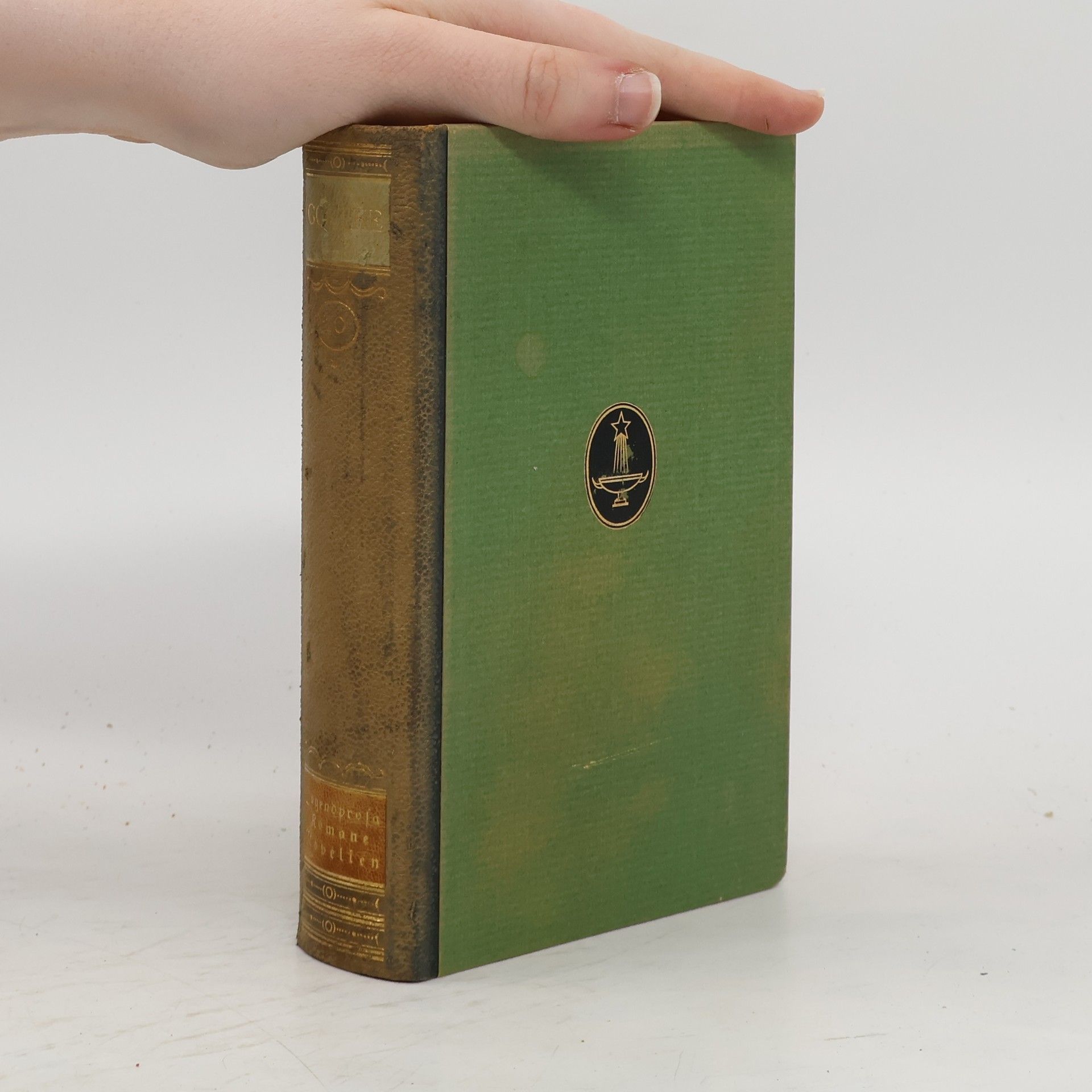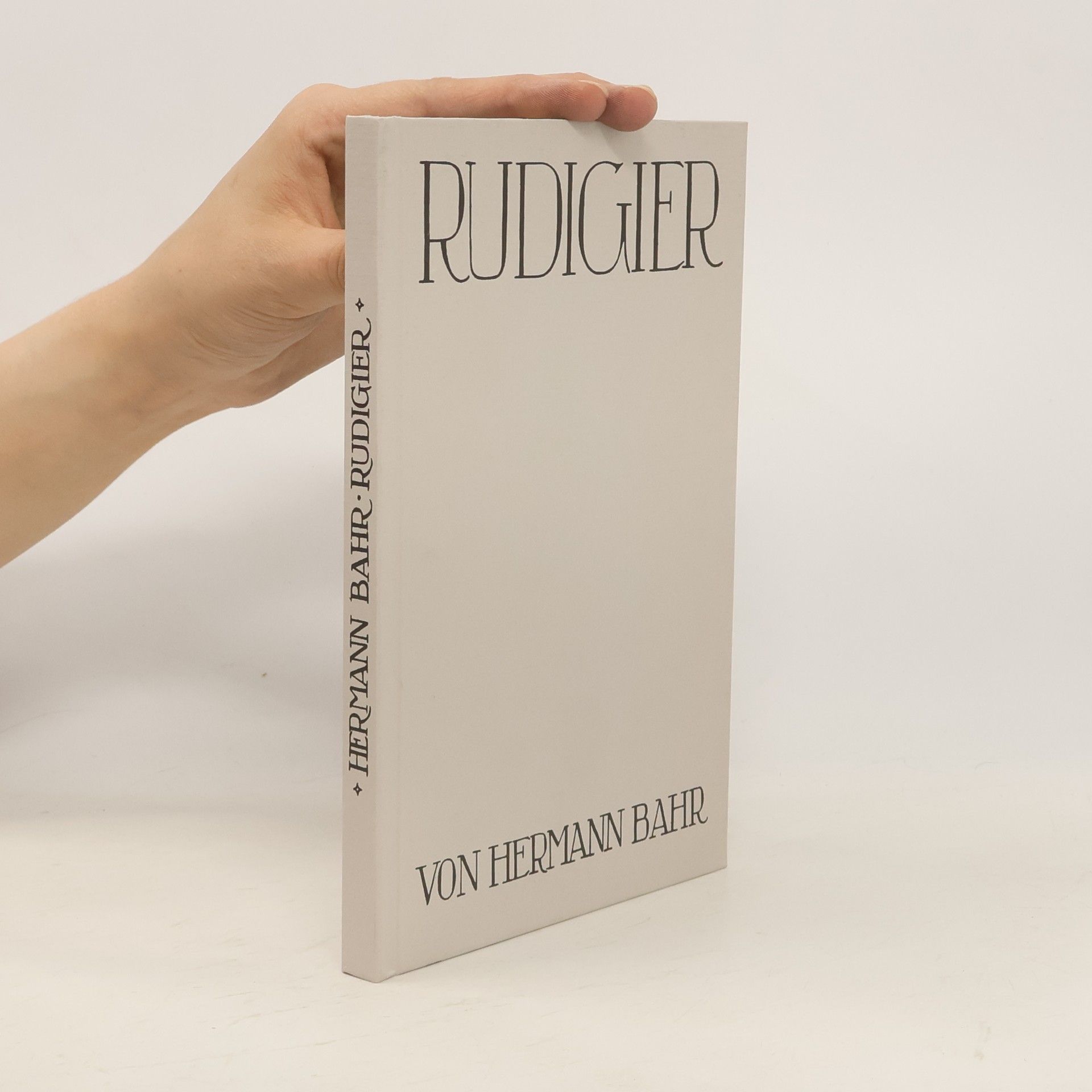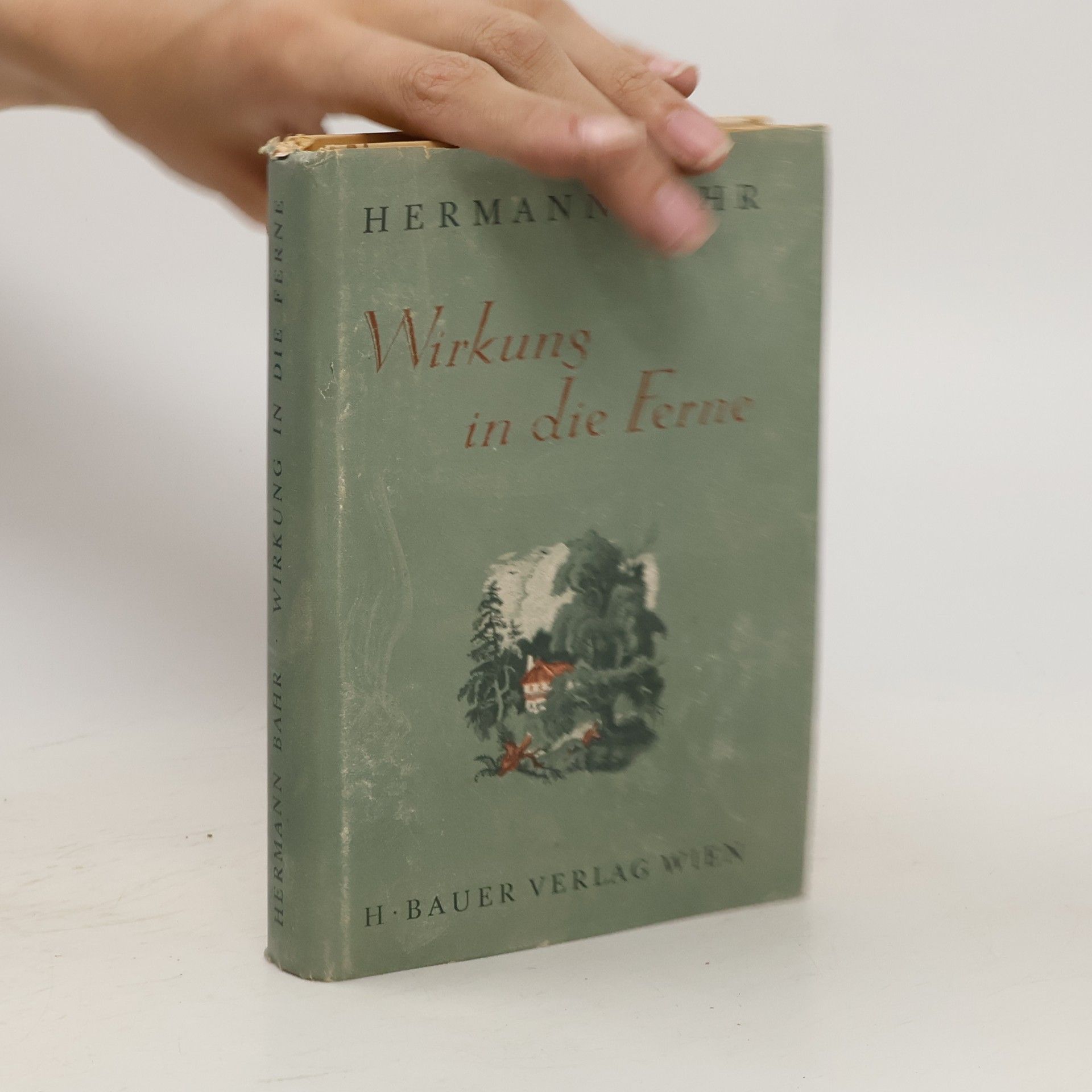Die Erlebnisse des Erzählers in Danzig offenbaren eine tiefe Verbindung zu seinen Zuhörern, die ihn inspirieren und herausfordern. Durch ihre kritische Aufmerksamkeit und spontane Reaktionen entdeckt er neue Wendungen und Ideen, die seine Vorträge lebendiger machen. Diese Interaktion fördert seine Kreativität und lässt ihn über sich hinauswachsen. Besonders bei ersten Vorträgen empfindet er eine Mischung aus Aufregung und Unsicherheit, die ihn dazu bringt, seine Gedanken in einem neuen Licht zu sehen. Danzig wird somit zu einem Ort der Entfaltung und des unerwarteten Schaffens.
Hermann Bahr Livres
Hermann Bahr fut une figure centrale de l'avant-garde autrichienne et le porte-parole du groupe littéraire Jeune Vienne. Par sa production critique exhaustive, englobant essais et pièces impressionnistes, il s'est principalement intéressé aux fondements théoriques des nouveaux mouvements littéraires. Il fut le premier critique à appliquer l'étiquette de « modernisme » à des œuvres littéraires et un observateur précoce de l'Expressionnisme. Ses écrits théoriques furent déterminants dans la définition de nouvelles catégories littéraires et façonnèrent l'orientation de la critique contemporaine.
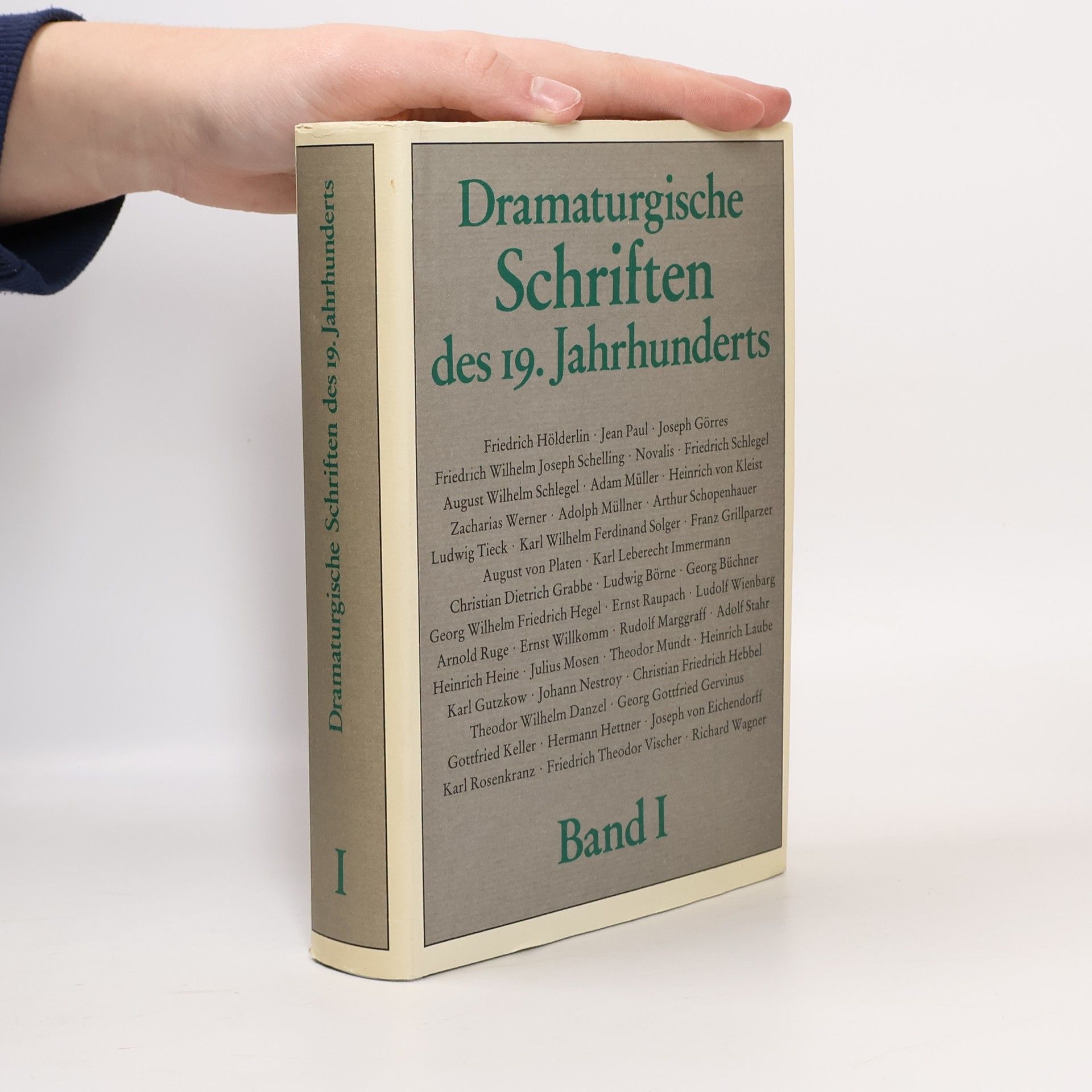





Dalmatinische Reise
- 88pages
- 4 heures de lecture
Die Erzählung entfaltet eine tief empfundene Sehnsucht nach dem blauen Meer, das in Momenten der Reflexion und des Traums erscheint. Während der Protagonist auf dem Semmering rodelnd in die winterliche Landschaft eintaucht, wird das Meer zu einem magischen Symbol, das Erinnerungen und Wünsche weckt. Die Bilder des sonnigen Strandes und der grünen Landschaften kontrastieren stark mit der kalten, nebligen Umgebung. Diese duale Wahrnehmung von Realität und Traum schafft eine melancholische Stimmung, die durch die winterliche Behaglichkeit und das Knistern des Kamins verstärkt wird.
Dieses Werk ist Teil der Buchreihe TREDITION CLASSICS. Der Verlag tredition aus Hamburg veröffentlicht in der Buchreihe TREDITION CLASSICS Werke aus mehr als zwei Jahrtausenden. Diese waren zu einem Großteil vergriffen oder nur noch antiquarisch erhältlich. Mit der Buchreihe TREDITION CLASSICS verfolgt tredition das Ziel, tausende Klassiker der Weltliteratur verschiedener Sprachen wieder als gedruckte Bücher zu verlegen - und das weltweit! Die Buchreihe dient zur Bewahrung der Literatur und Förderung der Kultur. Sie trägt so dazu bei, dass viele tausend Werke nicht in Vergessenheit geraten.
